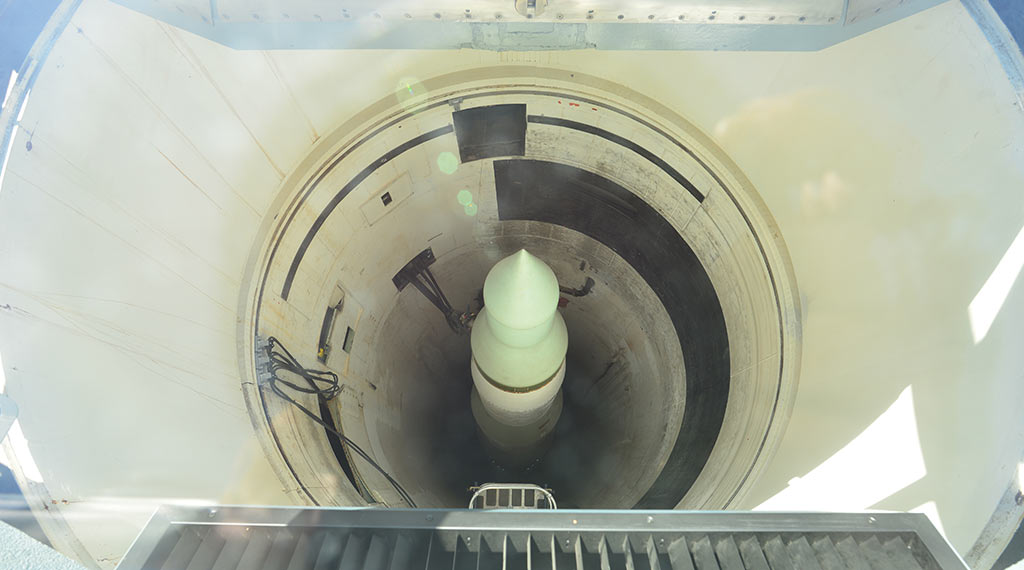
After writing several hundred “op-eds” on a wide range of national security issues, we confess this one writes itself — mainly because hindsight is always 20-20. Bottom line: Despite spending trillions of mostly borrowed dollars, the U.S. has not done well in the post-Cold War environment, as reflected by our diminished worldwide standing and influence.
All “Cold Warriors” should take a bow — led by Ronald Reagan, albeit in spirit. He was a truly great President with profound insights into the personalities and fundamental national security issues of his times. We haven’t had his quality of leadership since – Republican or Democrat.
We hadn’t learned much about Mikhail Gorbachev in March 1985, when he was first named General Secretary of the Soviet Union after Konstantin Chernenko died, and as we began the Nuclear and Space Talks (NST) in Geneva. The Soviets had walked out of all arms control talks after Mr. Reagan introduced strategic Defense Initiative (SDI) in March 1983 — and initiated a global propaganda campaign to defeat Mr. Reagan’s November 1984 re-election.
After that failure, the Soviets sought to block SDI in resuming these “new” arms-control talks, in which we participated. In effect, it was SDI that brought the soviets “back to the table.” Mr. Gorbachev clearly admired Mr. Reagan and wanted to be like him—Britain’s Prime Minister Margaret Thatcher told Mr. Reagan, “We can do business with him.” This was reinforced when Mr. Reagan and Mr. Gorbachev met one-on-one in Geneva in November 1985.
Mr. Gorbachev introduced “Perestroika” (Russian for political restructuring) and “Glasnost” (Russian for Openness) in 1985 and early 1986, exposing all the warts and scars of the failed and totally corrupt Soviet socialist system. But he was also a“true believer” in Marx and Lenin and didn’t think “openness” was a threat to the Soviet Union [this per Max Kampelman, then our chief NST negotiator, after first meeting Gorbachev].
Then following Mr. Reagan’s October 1986 refusal to give up SDI in Reykjavik and his June 1987 “Tear down this wall!” challenge in Berlin, our talks progressed markedly. Mr. Reagan knew Mr. Gorbachev was wrong; thus:
- We achieved the first-ever verifiable arms-control treaties to reduce nuclear arms;
- The Soviet Union crumbled in 1991;
- The Cold War ended;
- Soviet Chief of Soviet Armed Forces, Marshall Sergei Akhromeyev, who was Mr. Gorbachev’s most senior advisors, shot himself in the head.
For Mr. Gorbachev, the war was over – and lost—but for a 39-year-old KGB Officer, Vladimir Putin, a new war was just beginning.
Click HERE to read more.
- Putin’s Cold War II - February 2, 2022
- How the US is its own worst enemy - January 26, 2022
- Let’s correct the “Star Wars” record: Reagan had it right - December 10, 2021
